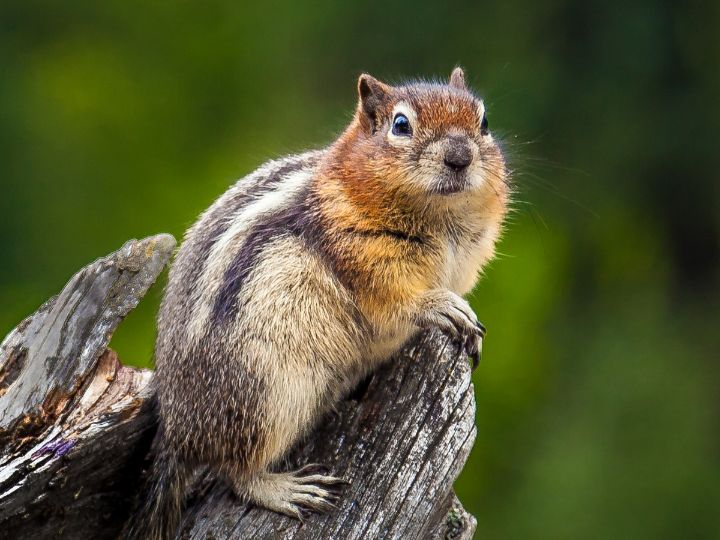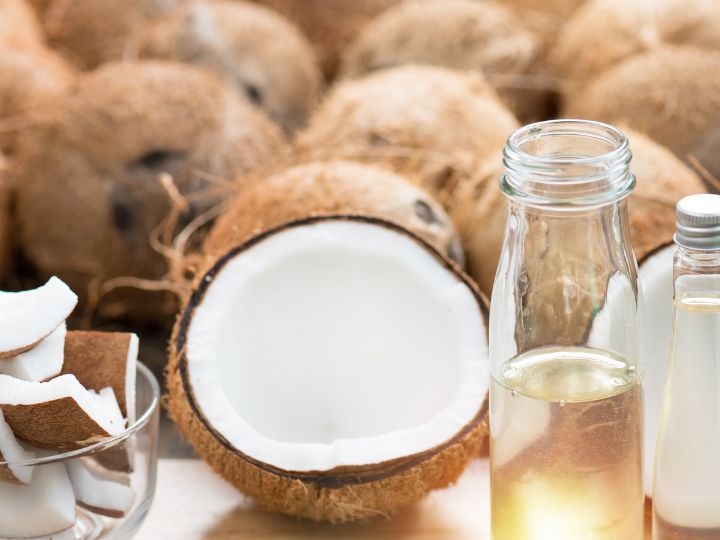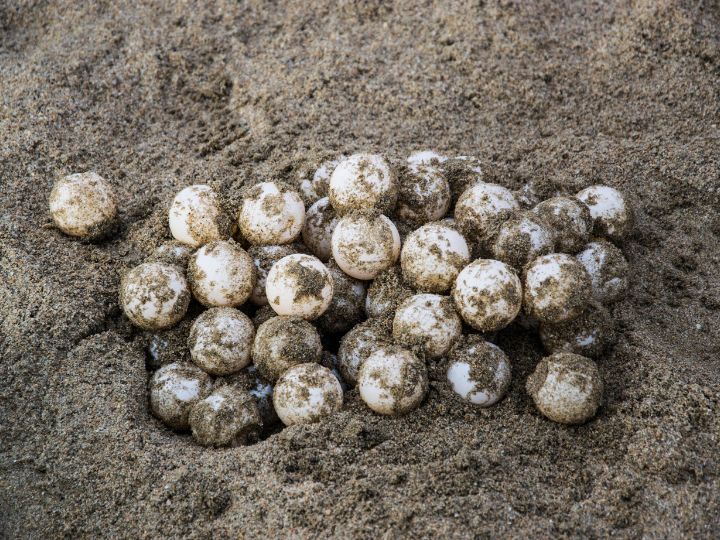Bananas are a tropical fruit that provides an excellent source of energy, rich in calcium, proteins, and various minerals. It turns out that chipmunks do eat bananas, especially ripe ones. These furry creatures can benefit from the nutritional value provided by this fruit, but it is essential to remember to feed them only in moderation. Animals in the backyard such as chipmunks should not rely on a consistent fruit-based diet, as the high sugar content can be detrimental to their health.
Chipmunks are small, adorable mammals known for their cheek pouches, striped appearance, and energetic scavenging habits. They are commonly found in gardens and wooded areas across North America and are often observed foraging for food to store in their burrows. With a diverse appetite, these critters are not known to be picky eaters, which raises the question of whether they enjoy certain human-consumed food like bananas.
In the wild, chipmunks primarily subsist on a variety of seeds, nuts, fruits, and even insects. They consume small amounts of food multiple times a day as part of their feeding habit. Introducing bananas into their diet, as an occasional treat along with other fruits and vegetables, can add nutritional diversity without causing harm. Just remember to offer it sparingly to maintain their natural dietary balance.
Chipmunks’ Dietary Habits
General Overview
Chipmunks are omnivorous, meaning they consume both plant and animal matter. Their diet primarily consists of seeds, nuts, berries, fruits, and insects. Bananas are a type of fruit that chipmunks can eat in the wild. They typically bite through the skin and consume the fruit’s flesh, while also occasionally eating the whole banana peels, if they are ripe, soft, and easily digestible.
Nutritional Requirements
Chipmunks require a balanced diet for optimal health, which includes:
- Proteins: Insects, nuts, and seeds provide essential amino acids for growth and maintenance of various body tissues.
- Carbohydrates: Fruits, including bananas, provide chipmunks with energy and dietary fibers, essential for digestion and overall health.
- Fats: Obtained from nuts and seeds, these are crucial for brain function, energy, and preserving body heat.
- Vitamins and minerals: These are essential for various body functions, growth, and disease prevention, and can be obtained from a variety of fruits and vegetables in their diet.
Though chipmunks love and enjoy bananas, it is important to remember that they should have access to a diverse mix of plant and animal matter to satisfy their nutritional requirements and maintain good health.
Interaction with Bananas
Fruit Consumption in Chipmunks
Chipmunks are known to consume a variety of fruits as part of their diet, and bananas happen to be one of them. They have been observed eating bananas in local zoos, where zookeepers provide these fruits as tasty treats alongside other fruits for their diet. In a backyard setting, chipmunks are also known to enjoy eating bananas that are readily available, along with other animals like deer, birds, squirrels, and raccoons.
When introducing fruit, such as bananas, in small amounts for chipmunks as a dietary addition, it is essential to provide them with fresh and properly cleaned pieces. This will help ensure their fruit consumption remains safe and enjoyable.
Possible Health Benefits
Bananas are packed with several essential nutrients and healthy vitamins, thus providing potential health benefits to chipmunks when consumed in moderation. For example, bananas contain potassium, vitamin C, and dietary fiber, all of which can contribute to the overall well-being of chipmunks. These nutrients can aid in:
- Supporting healthy digestion
- Boosting the immune system
- Maintaining healthy skin and coat condition
However, it is crucial to maintain a balanced diet for chipmunks, as high sugar content in fruit, like bananas, can be detrimental to their health if consumed in excessive amounts. To avoid potential health issues, it is recommended to provide only small portions of bananas and other fruits, alongside a balanced diet of seeds, nuts, and vegetables.
Precautions and Potential Risks
When feeding chipmunks bananas, it’s important to consider a few potential risks and take necessary precautions to ensure the health and safety of these small creatures. In this section, we will cover sugar intake concerns, allergens, and pesticides.
Sugar Intake Concerns
Bananas, like other fruits, contain natural sugars. Although chipmunks can eat bananas occasionally, too much sugar can lead to health problems such as obesity and diabetes. To prevent these issues, it’s recommended to:
- Offer bananas in moderation, as an occasional treat rather than a primary food source.
- Limit the serving size to a small portion, as chipmunks only require a small amount of fruit in their diet.
- Balance the chipmunk’s diet with other healthy foods, such as nuts, seeds, and vegetables.
Allergens
Though it’s uncommon, some chipmunks might have an allergic reaction to bananas or other fruits. To ensure the chipmunk’s safety, monitor their reaction when they eat bananas for the first time. If you observe any signs of distress or discomfort, such as swelling, difficulty breathing, or excessive itchiness, remove the banana immediately and monitor the chipmunk’s health.
Pesticides
Pesticides used in fruit farming can be harmful to chipmunks, as they may ingest traces of these chemicals along with the fruit. To minimize the risk of pesticide exposure, consider the following precautions:
- Wash bananas thoroughly under running water before serving, to remove any residues.
- Opt for organic bananas when possible, as these are farmed with fewer or no synthetic pesticides.
- Remove the banana peel, as it can harbor more pesticide residues than the fruit’s inner portion.
By considering these potential risks and taking appropriate precautions, you can safely offer ripe bananas up as a treat for chipmunks without causing harm to their health.
Frequently Asked Questions
Becky is a fervent wildlife enthusiast and pet care expert with a diploma in canine nutrition. Her love for animals stretches beyond the domestic, embracing the wild tapestry of global fauna. With over a decade of experience in animal welfare, Becky lends her expertise to OutlandishOwl through insightful articles, captivating wildlife information, and invaluable guidance on pet nutrition. Her work embodies a deep commitment to understanding the intricate lives of animals and a passion for educating others on sustaining natural habitats. Becky's hands-on conservation efforts and her knack for translating complex dietary science into practical pet feeding tips make her an indispensable voice for creatures great and small.




